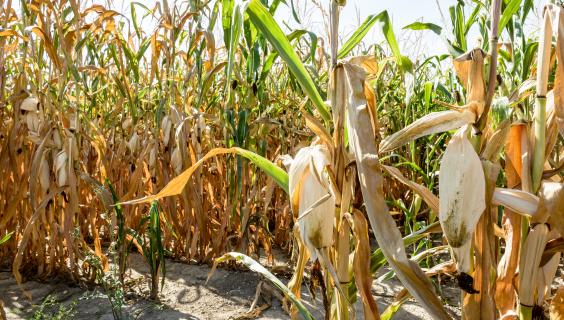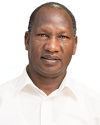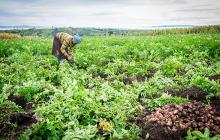Climate Change Modeling for Decision Makers

The frequency of extreme weather events has increased exponentially over the past four decades, threatening the homes, livelihoods, and health of millions. While the adverse effects of climate change are increasingly visible, major knowledge gaps limit the ability of policymakers to predict and respond to threats caused by climate shocks. Climate modeling has the potential to rapidly generate reliable evidence on the effects of climate change for programmatic decision making before shocks occur.
On October 27, 2022, AIR held a webinar to explore the role of modeling in climate change programming, discuss AIR’s recent work in crop modeling for food security decision making, and learn from the perspectives of implementers, researchers, data scientists, and funders on climate modeling in their work and the future of programming.
Moderator

Brittany Iskarpatyoti
Senior Technical Assistance Consultant
AIR
Presenters

Eric Muchugu
Data Scientist
AIR

Ahmad Mohassel
Senior Data Scientist
AIR

Robert Allport
Chief of Party
AIR
Panelists

Genta Konci
Evaluation Specialist, Independent Evaluation Unit
Green Climate Fund

Henri Tonnang
Principal Scientist and Head of Data Management Modelling/Geo-Information Unit
International Centre of Insect Physiology and Ecology

Philip Audebert
Technical Specialist, Environment and Climate
International Fund for Agricultural Development


